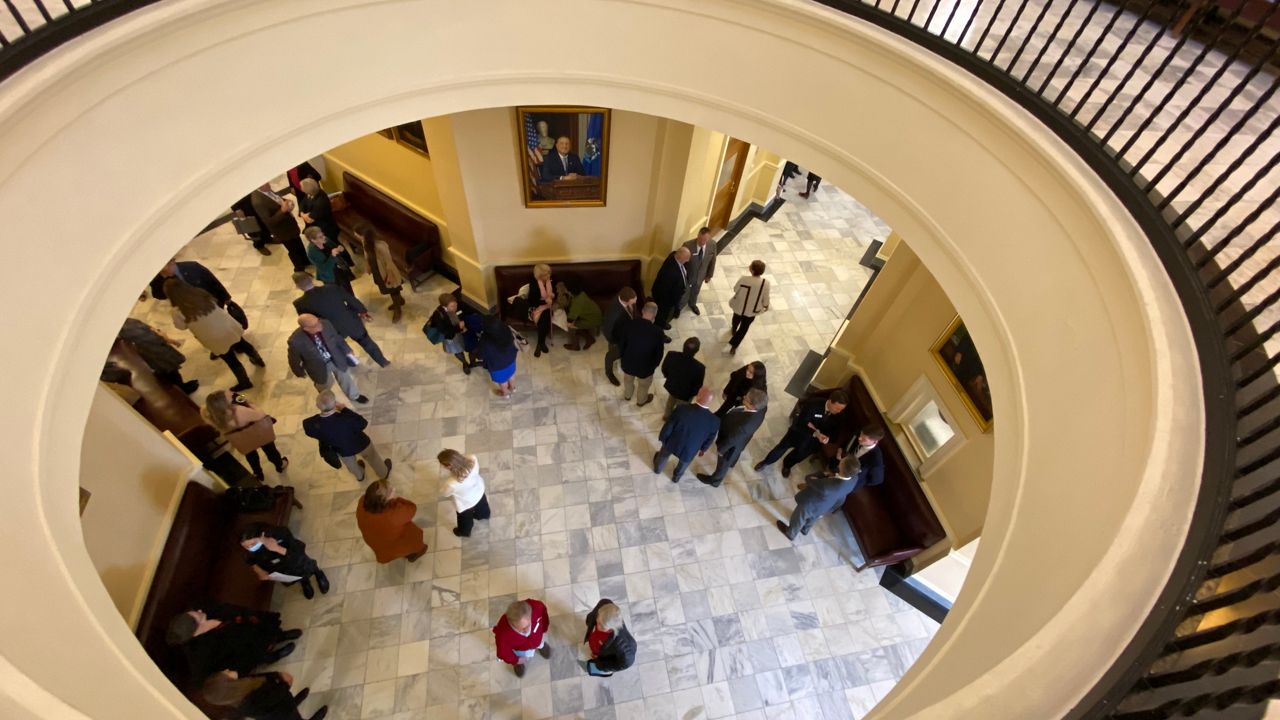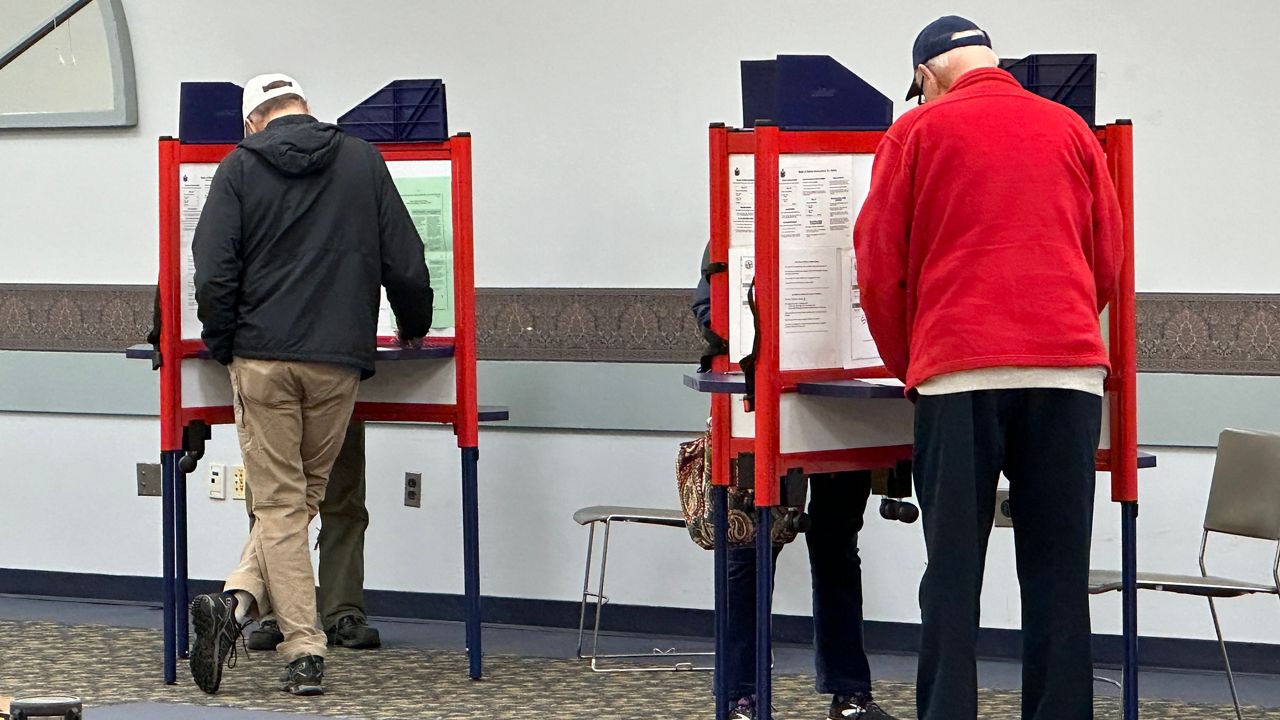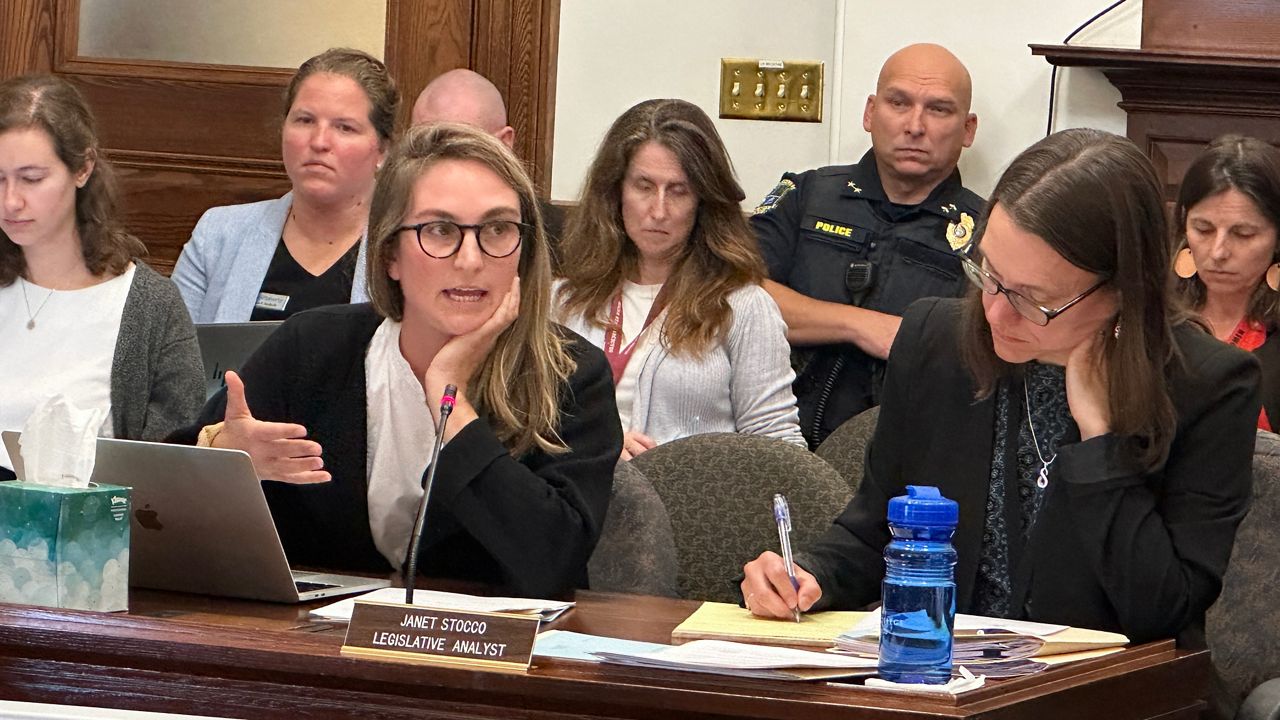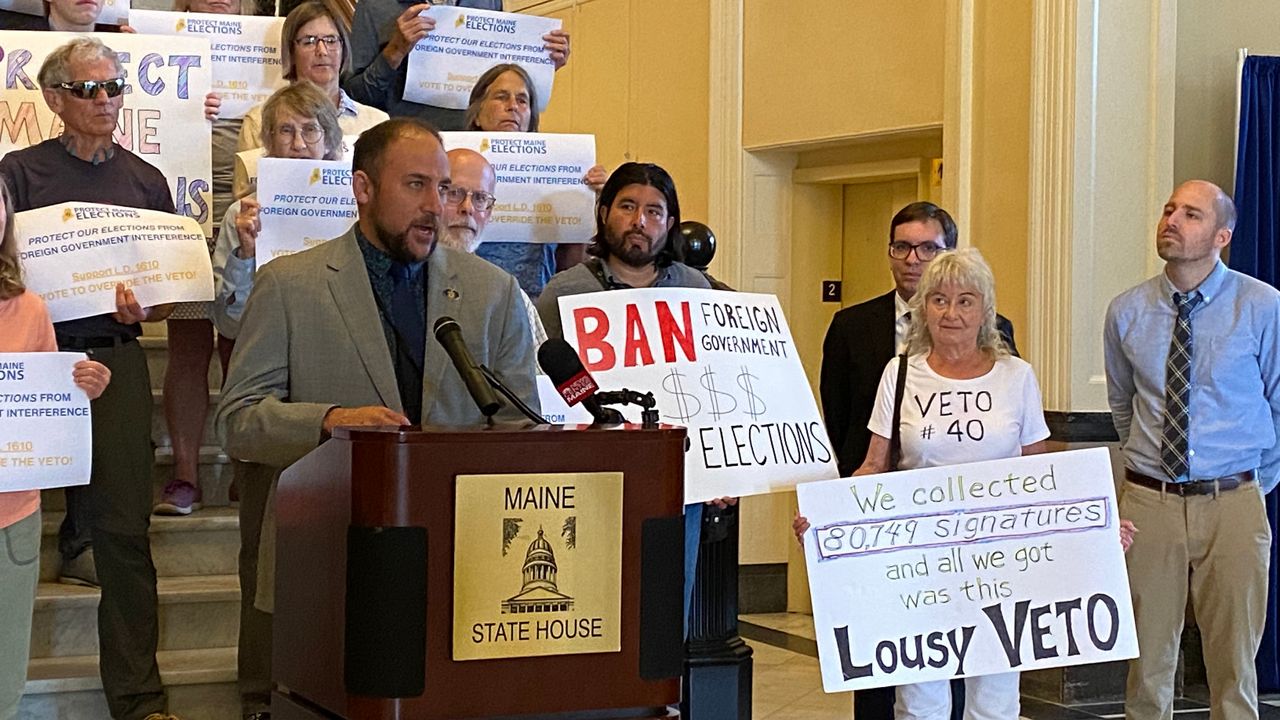A bill to require a three-day waiting period after purchasing a gun and one to allow trained school employees to carry firearms will go before Maine lawmakers in the coming weeks.
The bills come just two months after several schools shut down in November following what turned out to be a hoax threat of a school shooter.
Rep. Steven Foster (R-Dexter) is sponsoring a bill that would allow certain school employees to carry firearms on school property if they have a concealed carry permit and have completed training.
Foster, who served on the Dexter school board for 12 years, said school shootings at Sandy Hook Elementary in Connecticut, Marjory Stoneman Douglas High School in Florida and Robb Elementary School in Texas fueled his concern about safety at Maine schools.
“I’ve looked at this and I’ve thought about it and the final straw on the camel’s back for me was after Uvalde,” he said.
In May, a gunman killed 19 children and two teachers at Robb Elementary School in Uvalde, Texas. Investigations are continuing into why it took law enforcement more than an hour to confront and kill the gunman.
Foster’s measure would allow a school employee to carry a firearm on school property if the employee has completed certification and training set by the Board of Trustees of the Maine Criminal Justice Academy.
In addition, a local school board would have to authorize the employee to carry the firearm on school property “for the purpose of enhancing the safety and security of the school and in defense of students, staff and members of the public on school premises,” according to the bill’s summary.
The bill states that the employee would not be authorized to act as a law enforcement officer and that the school board cannot require an employee to carry a firearm.
Foster emphasized that this would be an opt-in program for local school districts. He recognizes that the idea will likely get a different reception in southern Maine than it would in other parts of the state.
“This state, at least in a major portion, could want to have the ability to feel there was additional first response available,” he said, noting that in his local school district there is one school resource officer responsible for covering four buildings.
Nationally, 29 states allow school personnel to carry firearms on school grounds, according to the National Conference of State Legislatures.
WAITING PERIOD PROPOSAL RETURNS
Foster’s bill is one of what’s likely to be several bills Maine lawmakers will consider this year related to gun rights and regulations.
For another legislator, the effort to mandate a waiting period after a firearms purchase is more than a decade in the making.
Rep. Margaret Craven (D-Lewiston) tried to institute a waiting period for firearms purchases in 2007, but the bill failed.
Back then, a constituent told Craven her 18-year-old son bought a shotgun and took his own life, all within hours of the purchase.
“She knew if there was any time that herself or the rest of the family would have been able to have a communication with him, they would have noticed his despair,” Craven said. “If he didn’t have access to the weapon, his despair would have lessened in two or three days.”
National Rifle Association spokesman Lars Dalseide said in a statement that "studies show waiting periods have zero effect on violent crime."
"They are designed to discourage the law-abiding from exercising their constitutional rights," he said. "If the sponsors of this bill were serious about making their communities safer they would focus on punishing actual criminals instead of placing burdens on good people who are trying to protect themselves and their loved ones."
Craven’s bill and the one sponsored by Foster have been referred to legislative committees and will have public hearings in the coming weeks.
Representatives for the Sportsman’s Alliance of Maine and Maine Education Association did not respond to requests for comment on either bill.
Craven’s bill proposes a 72-hour waiting period between a purchase of a firearm and its delivery. It calls for civil violations of $200 to $500 for the first violation and a $500 to $1,000 fine for a subsequent violation.
Across the country, nine states and the District of Columbia have waiting periods for firearms purchases, according to the Giffords Law Center, which was launched by former U.S. Rep. Gabrielle Giffords after she was shot in the head by a gunman in 2011.
Craven recalled a November Zoom meeting in which someone said there was an active shooter at Maine high school.
The reports turned out to be a hoax, but the thought that a mass shooting could take place in Maine shook those attending the meeting, Craven said.
“Everybody just started crying because that’s how possible it is here,” she said.







)

